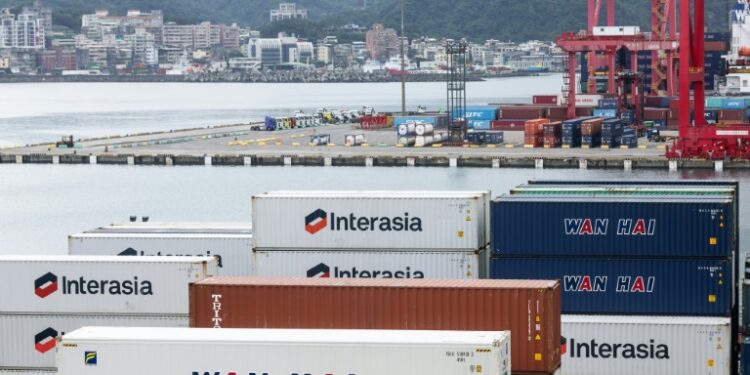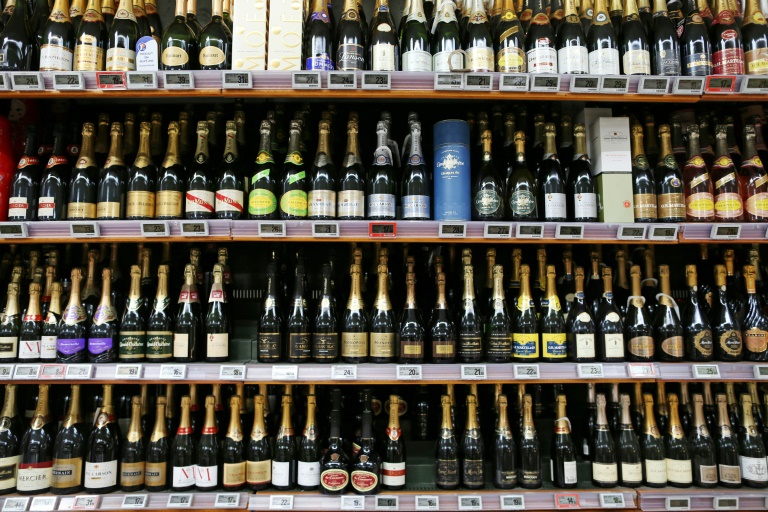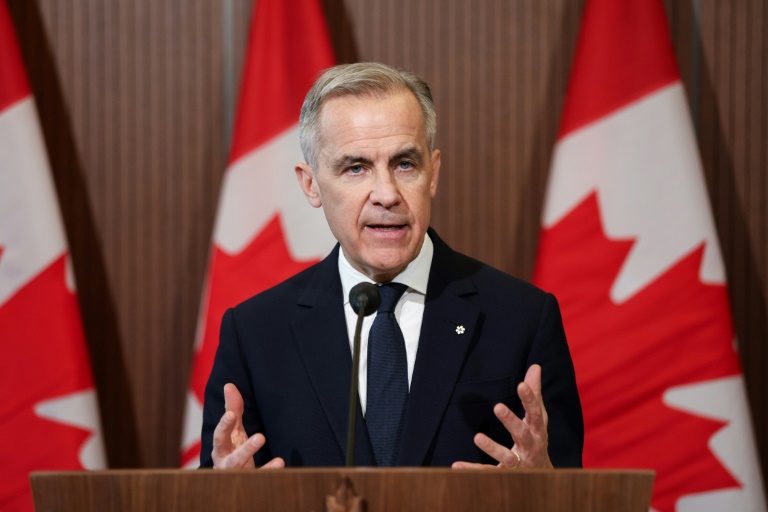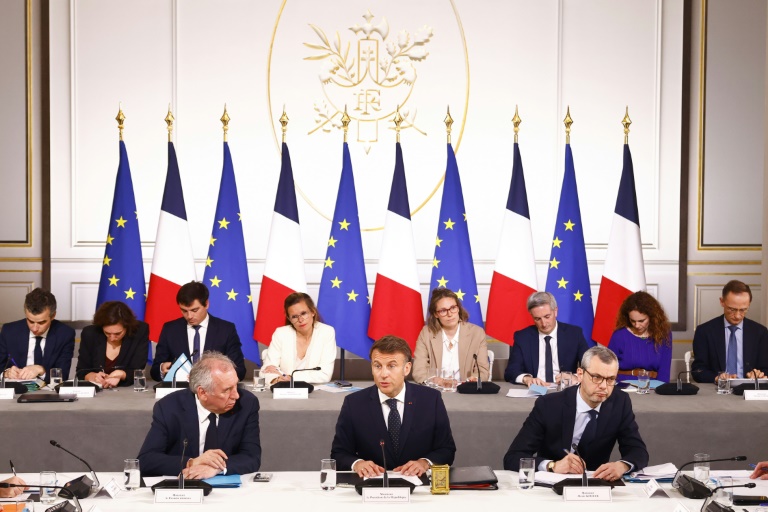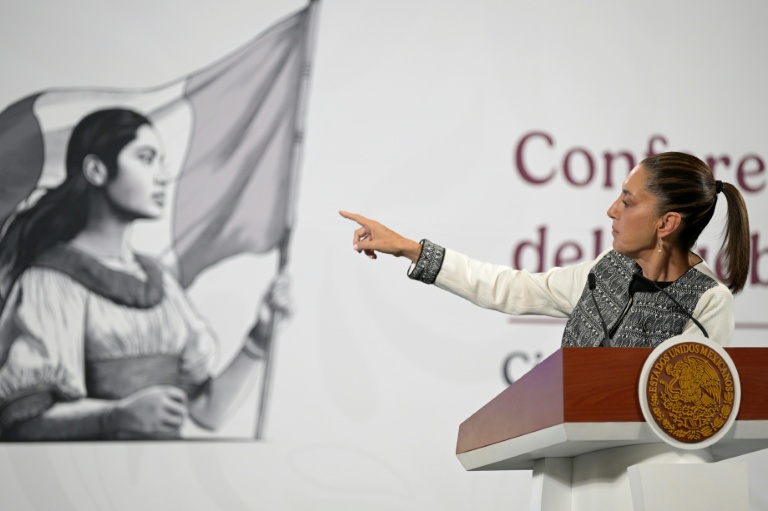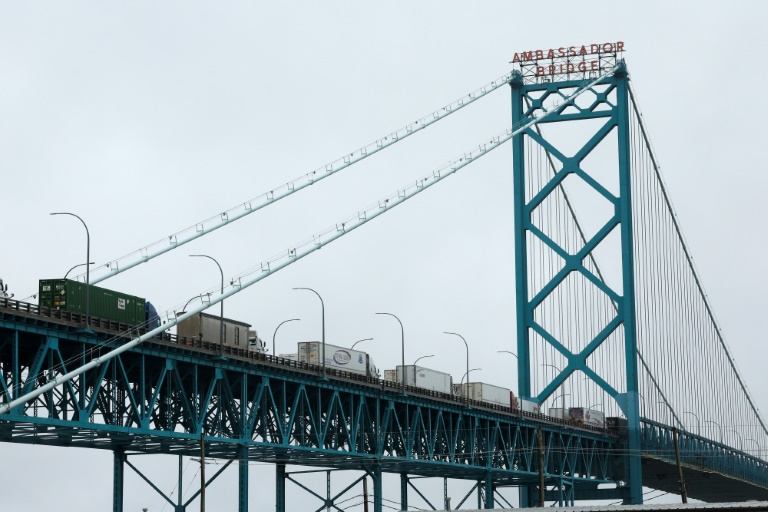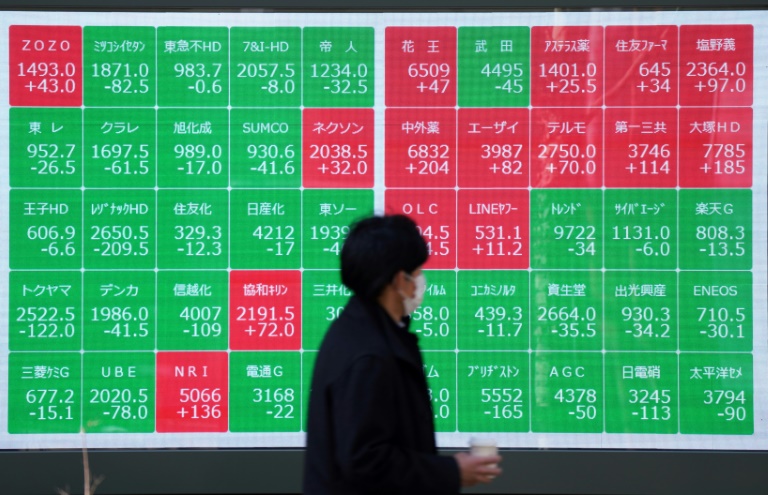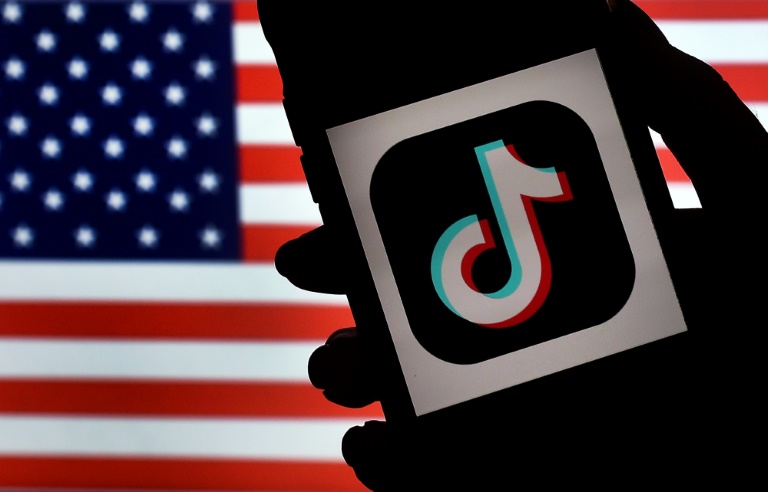Taipei (AFP) – Taiwan has earmarked $2.7 billion to help industries affected by US President Donald Trump’s new tariffs, the government said Friday. Taipei had sought to avoid Trump’s threatened levies by pledging increased investment in the United States and more purchases of US energy, but it was still hit by a 32 percent tax on its imports, excluding semiconductor chips. The government has described the tariffs as “unreasonable” and “extreme,” and plans to seek negotiations with Washington in the hope of reducing their impact.
Announcing the NT$88 billion ($2.7 billion) assistance package, Premier Cho Jung-tai said the plan was to “address various needs of industries and society in the future.” Taiwan’s trade surplus with the United States is the seventh highest of any country, reaching $73.9 billion in 2024. Around 60 percent of Taiwan’s exports to the United States are information and communications technology products, or ICT, which includes chips. The government has argued that the surplus reflected soaring demand in the United States for Taiwan’s semiconductors and other tech products, further driven by US tariffs and export controls targeting China that Trump imposed during his first term.
Cho told a news conference that the industrial and agricultural sectors would be the main targets of the assistance. The funds will be used for financial support, reducing administrative costs, improving competitiveness, offering tax incentives, and diversifying markets, he said. Products expected to be hardest hit by Trump’s tariffs include ICT, electronics, steel, metal and machinery, components, and building materials. Tea, orchids, and fish are also likely to be hurt, Cho said, flagging a possible “shrinking consumer market or a weakening of our competitive advantage.”
Vice Premier Cheng Li-chun told reporters the government had drawn up response measures based on a possible 25 percent tariff ahead of Trump’s announcement. “I must clarify that a 32 percent tariff falls under an extreme scenario,” Cheng said. “While we did run simulations based on it, that doesn’t mean we consider it reasonable. In our view, it exceeds what would be a reasonable expectation — it’s neither reasonable nor fair.”
Semiconductor chips, a sector that Taiwan dominates and has been a source of friction between Washington and Taipei, were excluded from Trump’s levies. However, analysts warned that tariffs on components would have a knock-on effect for the critical chip industry that is the lifeblood of the global economy. Trump has accused Taiwan of stealing the US chip industry and recently threatened to impose tariffs of up to 100 percent on semiconductor imports from the island.
“Taiwan will lobby for exemption or at least see what Trump wants — Trump wants something,” Andrew Kam Jia Yi, an associate professor at the National University of Malaysia told AFP. “(Trump) gives you the worst-case scenario then batters you down to a deal that you might not want but seems more reasonable than the original threat.”
© 2024 AFP

